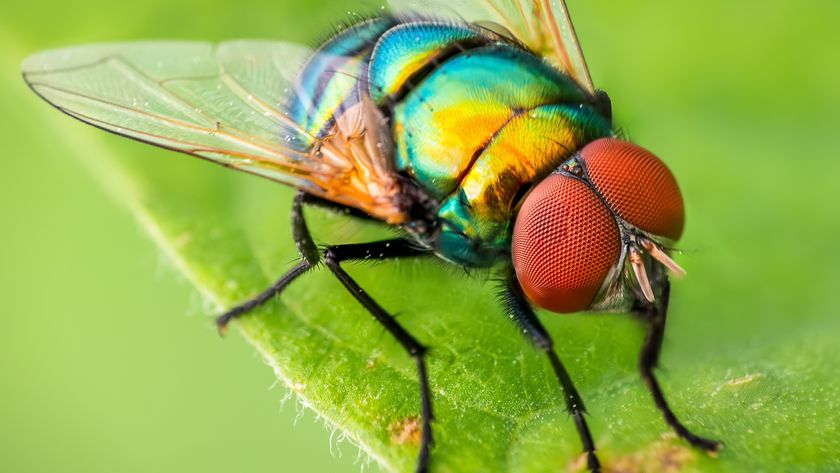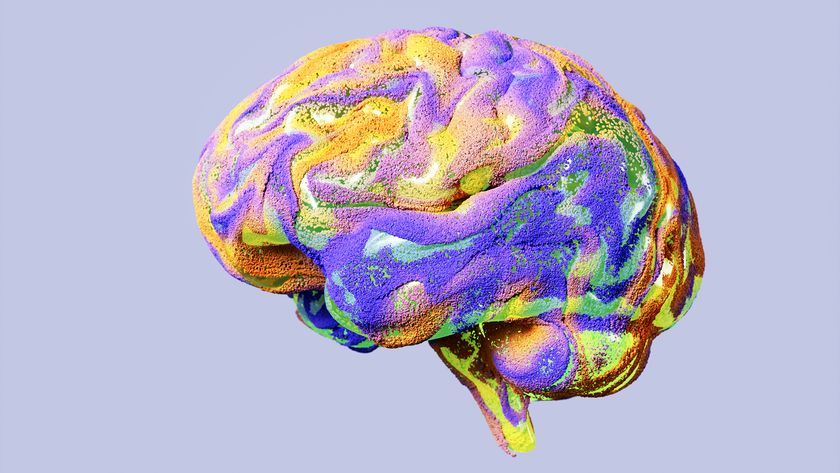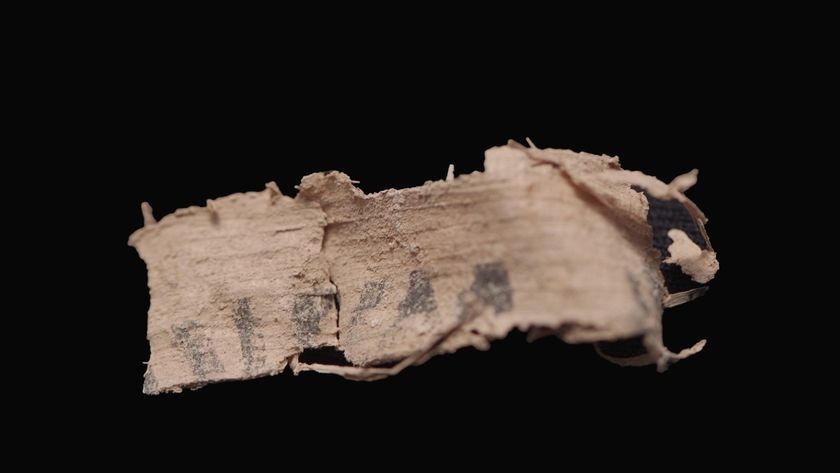Clooneys Expecting Twins: 6 Facts About Older Parents

George and Amal Clooney are expecting twins this summer, making the couple part of a growing trend of people becoming parents at older ages in the United States.
The twins will be the first children for both George, age 55, and Amal, age 39, according to the Los Angeles Times. The couple got married in 2014.
The Clooneys are older than the average first-time American parents. According to the Centers for Disease Control and Prevention (CDC), the average age for first-time mothers in the United States is 26.3, according to data collected in 2014. The average age for first-time fathers is 25.4, according to data collected in the years 2011 to 2013.[Blossoming Body: 8 Odd Changes That Happen During Pregnancy]
However, the percentage of parents in older age groups — in particular, older moms — is on the rise. From 2000 to 2014, the proportion of first-time births to women ages 30 to 34 rose by 28 percent, and the proportion of first-time births to women ages 35 and older rose by 23 percent, the CDC said.
Overall, the birth rate for women over 35 has increased by nearly 60 percent since 1980, and the birth rate for men ages 40 and older has increased by nearly 30 percent, according to a 2011 study published in the journal Reviews in Urology.
Here are some interesting facts about older parents:
Older moms may live longer. A 2014 study published in the journal Menopause found that women who gave birth to their last child after age 33 were two times more likely to live to age 95 or older, compared with women who gave birth to their last child by age 29. The findings could mean that the ability to have children at an older age is a sign of slower aging, the researchers said.
Sign up for the Live Science daily newsletter now
Get the world’s most fascinating discoveries delivered straight to your inbox.
Dad's age may affect their kids' life span. A 2012 study published in the journal Proceedings of the National Academy of Sciences found that men who are older when they have children tend to have kids and grandkids with longer telomeres, which are caps on the ends of chromosomes that protect the chromosomes from damage. People with longer telomeres have been found to have a decreased risk of dying over a given time period, compared with people with shorter telomeres, and longer telomeres are thought to protect against aging.
Twins are more likely for older moms than younger ones. The chances of having twins increases as a woman ages, according to the Mayo Clinic. This may be due, in part, to hormonal changes that happen as a woman gets older, according to a 2006 study published in the journal Human Reproduction. But the use of fertility treatments, including in vitro fertilization, may also play a role, the Mayo Clinic said. Twin births have also increased among older women in the United States. According to a 2012 report from the CDC, twin birth rates rose nearly 100 percent among women ages 35 to 39, and more than 200 percent among women ages 40 and older, from 1980 to 2009. [Seeing Double: 8 Fascinating Facts About Twins]
Kids of older dads may be at higher risk for psychiatric conditions. A 2014 study from Sweden, published in the journal JAMA Psychiatry, found that kids born to fathers ages 45 and older were 3.5 times more likely to develop autism, 13 times more likely to develop ADHD and 24 times more likely to develop bipolar disorder, compared with kids born to fathers in their early 20s. The researchers noted that as men age, they have an increase in genetic mutations in their sperm cells, which could be passed on to their children.
Pregnancy over age 35 comes with risks. Studies have found that women over age 35 are more likely to have high blood pressure during pregnancy, and are more likely to give birth prematurely, compared with younger mothers, according to the Mayo Clinic. In addition, women over age 35 are at higher risk of having a child with certain conditions caused by missing, damaged or extra chromosomes, such as Down syndrome, according to the American Congress of Obstetricians and Gynecologists (ACOG). However, the overall risk of having a child with a chromosomal conditionis small, the ACOG said.
Older moms may have a lower risk of cancer. A 2012 study published in the American Journal of Epidemiology found that women who gave birth to their last child in their 30s or 40s had a lower risk of developing endometrial cancer (a cancer of the uterine lining), compared with women who gave birth to their last child by age 25. The reason for the finding isn't known, but it could be that giving birth rids the uterus of cancer-causing cells, or that women who are able to become pregnant at older ages have a healthier uterus, the researchers said.
Original article on Live Science.

Rachael is a Live Science contributor, and was a former channel editor and senior writer for Live Science between 2010 and 2022. She has a master's degree in journalism from New York University's Science, Health and Environmental Reporting Program. She also holds a B.S. in molecular biology and an M.S. in biology from the University of California, San Diego. Her work has appeared in Scienceline, The Washington Post and Scientific American.










